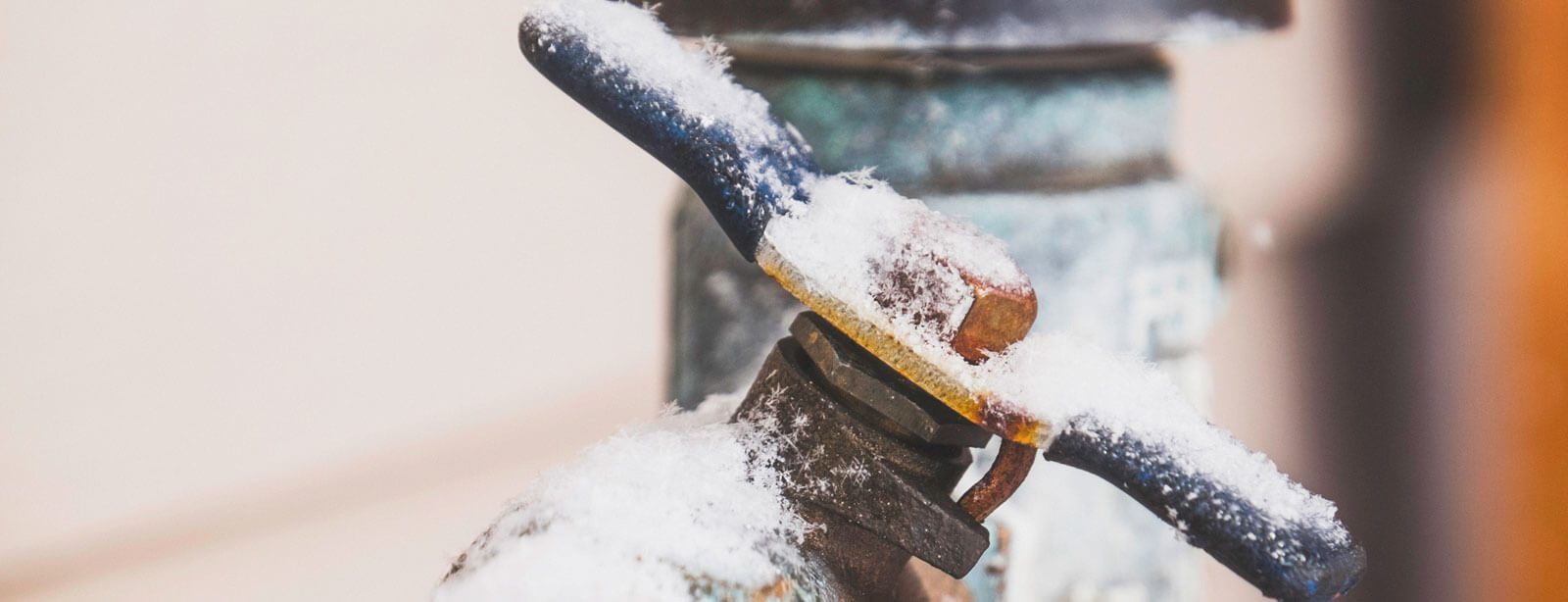Preventing Frozen Pipes in Cold Weather: Expert Strategies
Preventing Frozen Pipes in Cold Weather: Expert Strategies
Blog Article
We have stumbled on this article on How to prepare your home plumbing for winter weather below on the internet and accepted it made good sense to talk about it with you on this site.

Winter can wreak havoc on your pipes, specifically by freezing pipelines. Below's just how to avoid it from happening and what to do if it does.
Introduction
As temperature levels drop, the danger of icy pipelines rises, potentially resulting in pricey fixings and water damage. Understanding exactly how to avoid icy pipelines is critical for homeowners in cold environments.
Understanding Icy Pipes
What triggers pipelines to freeze?
Pipelines freeze when subjected to temperatures below 32 ° F (0 ° C) for expanded periods. As water inside the pipelines ices up, it expands, taxing the pipeline walls and potentially causing them to rupture.
Dangers and damages
Icy pipes can lead to water disturbances, residential property damage, and pricey repair services. Burst pipes can flooding homes and create comprehensive structural damages.
Indications of Frozen Pipes
Recognizing frozen pipelines early can stop them from breaking.
Exactly how to determine frozen pipes
Look for lowered water circulation from faucets, unusual smells or sounds from pipes, and visible frost on revealed pipes.
Prevention Tips
Shielding prone pipes
Cover pipes in insulation sleeves or use warmth tape to secure them from freezing temperatures. Concentrate on pipes in unheated or external areas of the home.
Home heating strategies
Maintain indoor rooms properly heated, particularly areas with plumbing. Open cabinet doors to allow cozy air to flow around pipelines under sinks.
Securing Outside Pipes
Garden hose pipes and exterior faucets
Detach and drain pipes garden pipes prior to winter season. Set up frost-proof faucets or cover outdoor faucets with protected caps.
What to Do If Your Pipelines Freeze
Immediate actions to take
If you think icy pipes, maintain taps open up to soothe pressure as the ice thaws. Use a hairdryer or towels taken in warm water to thaw pipelines slowly.
Long-Term Solutions
Structural changes
Take into consideration rerouting pipes away from exterior wall surfaces or unheated areas. Add extra insulation to attics, cellars, and crawl spaces.
Updating insulation
Buy top quality insulation for pipes, attic rooms, and wall surfaces. Appropriate insulation assists maintain consistent temperatures and lowers the threat of frozen pipes.
Verdict
Protecting against icy pipes calls for aggressive steps and quick feedbacks. By comprehending the causes, indicators, and preventive measures, homeowners can secure their plumbing throughout cold weather.
6 Proven Ways to Prevent Frozen Pipes and Protect Your Home
Disconnect and Drain Garden Hoses
Before winter arrives, start by disconnecting your garden hoses and draining any remaining water. Close the shut-off valves that supply outdoor hose bibs and leave the outdoor faucet open to allow any residual water to drain. For extra protection, consider using faucet covers throughout the colder months. It’s also important to drain water from any sprinkler supply lines following the manufacturer’s directions.
Insulate Exposed Pipes
Insulating your pipes is an effective way to prevent freezing. Pipe insulation is readily available at home improvement stores and is relatively inexpensive. Pay close attention to pipes in unheated areas such as the attic, basement, crawl spaces, or garage. Apply foam insulation generously to create a buffer against the cold. You can also wrap your pipes in heat tape or thermostat-controlled heat cables for added warmth.
Seal Air Leaks
Inspect your home for any cracks or openings that could let in cold air. Seal any holes around the piping in interior or exterior walls, as well as the sill plates where your home rests on its foundation. Additionally, make sure to keep your garage door closed unless you’re entering or exiting. Leaving it open creates a significant air leak that can lead to frozen pipes.
Allow Warm Air Circulation
During cold snaps, it’s essential to allow warm air to circulate evenly throughout your home. Leave interior doors ajar to promote better airflow. Open kitchen and bathroom cabinets to help distribute heat consistently around the rooms. If you have small children or pets, be sure to remove any household chemicals or potentially harmful cleaners from open cabinets for safety.
Let Faucets Drip
A small trickle of water can make a big difference in preventing ice formation inside your pipes. When temperatures drop significantly, start a drip of water from all faucets served by exposed pipes. This continuous flow helps prevent the water from freezing. Additionally, running a few faucets slightly can relieve pressure inside the pipes, reducing the chances of a rupture if the water inside does freeze.
https://choateshvac.com/6-proven-ways-to-prevent-frozen-pipes-and-protect-your-home/

Hopefully you enjoyed our topic about How to prepare your home plumbing for winter weather. Thank you so much for finding the time to read through our piece. If you liked our article if you please consider to pass it around. I recognize the value of reading our article about Helpful Tips to Prevent Frozen Pipes this Winter.
Website Report this page